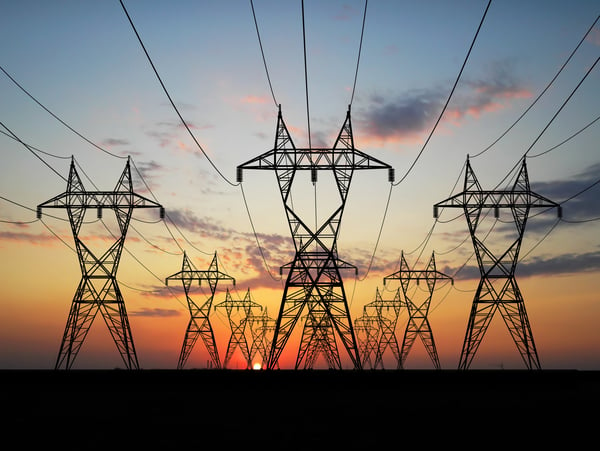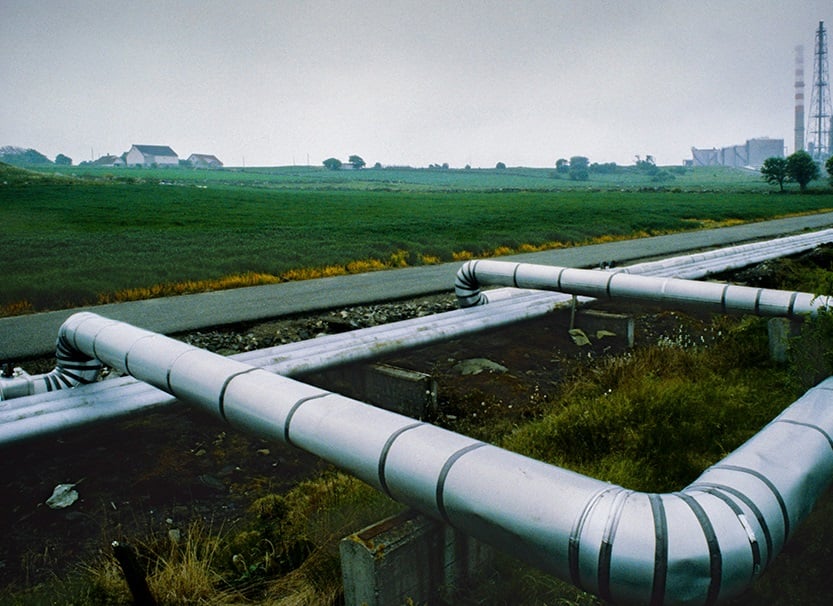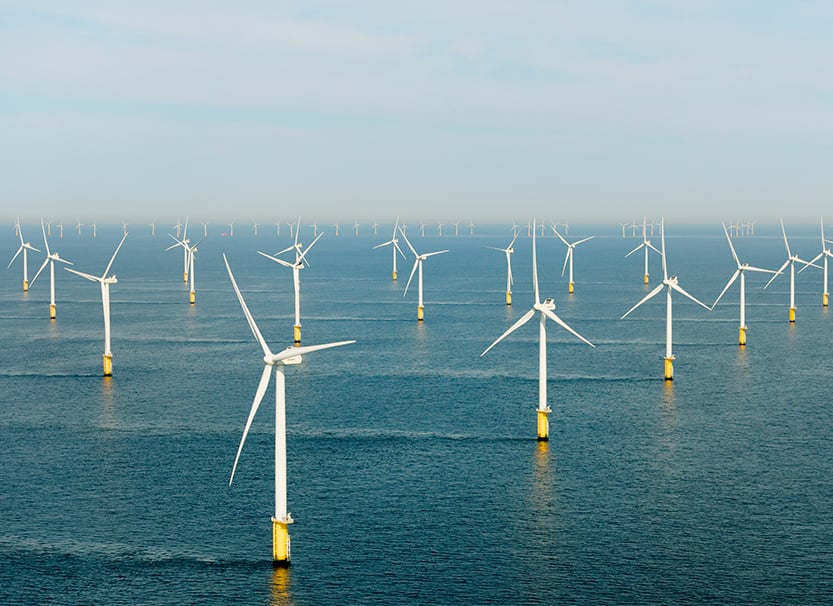Governors of PJM States Intensify Pressure on PJM for Reform
A bipartisan group of governors of PJM Interconnection (PJM) member states has intensified calls for reforming PJM after what they have described as a “crisis of confidence,” citing high electricity prices, interconnection delays, and lack of transparency and state participation in the RTO’s decision-making processes.

Interconnection Reform Critical to the Efficiency of Energy Markets
The U.S. power grid is undergoing a period of rapid change, with federal agencies such as the Department of Energy (DOE) and the Federal Energy Regulatory Commission (FERC) initiating programs and regulatory actions to address the integration of new generation and transmission resources. According to a recent DOE report, the U.S. grid is facing the retirement of 104 GW of firm capacity (generation that can operate continuously) by 2030, and the planned addition of 209 GW of new generation in the same period. The White House is concerned that the retirement of “baseload” power plants will impede President Trump’s economic goals; as such, press reports say that the administration is expected to issue new emergency orders preventing fossil fuel plants from retiring.

Agencies Collectively Move to Overhaul Environmental Review Regulations
On July 3, 2025, numerous federal agencies initiated an effort to revise the manner in which they comply with the National Environmental Policy Act (NEPA). NEPA, a cornerstone of environmental governance and project development in the U.S., has historically been implemented through regulations from the Council on Environmental Quality (CEQ). The DC Circuit questioned the legality of those regulations, as well as CEQ’s authority to implement them. And at the direction of President Trump’s February 25, 2025 Executive Order 14154 — “Unleashing American Energy” — CEQ rescinded its NEPA implementing regulations. In place, CEQ provided guidance for agencies that instructed them to update their NEPA procedures by February 2026 in a manner consistent with recent statutory amendments that prioritizes “efficiency and certainty over any other policy objectives.” Today, we are getting our first glimpse into what that process will look like.

FERC Accelerates Natural Gas Infrastructure Expansion Through Key Waivers and Rulemaking
On January 20, 2025, President Donald J. Trump issued Executive Order No. 14156, Declaring a National Energy Emergency, which directed federal agencies to “identify and use all relevant lawful emergency and other authorities available to them to expedite the completion of all authorized and appropriated infrastructure [and] energy . . . projects.” On June 18, 2025, in alignment with this Executive Order and in response to two petitions filed by the Interstate Natural Gas Association of America (“INGAA”), the U.S. Federal Energy Regulatory Commission (“FERC”) advanced a package of regulatory actions aimed at accelerating the development of natural gas infrastructure.

New York, New England ISOs File Tariff Amendments at FERC to Allow Them to Collect Import Duties on Canadian Electricity — But Only If the Feds Say So
On February 28, 2025, the New York Independent System Operator, Inc. (“NYISO”) and ISO New England (“ISONE”) separately submitted requests to the Federal Energy Regulatory Commission (“FERC”) for expedited action on amendments to their FERC-approved tariffs that would allow them to recover the costs of any duties, tariffs, or taxes imposed on them by a federal agency on the import of electricity from Canada into their respective service territories.

FERC Orders Action on Co-Location Issues Related to Data Centers Running AI
Earlier today, at the February 20, 2025 Federal Energy Regulatory Commission (FERC) Open Meeting, FERC Commissioners voted unanimously to launch a review of issues associated with the co-location of large loads at generating facilities at PJM Interconnection, L.L.C. (PJM). The review will look at whether the PJM tariff needs to establish rules to provide clarity on co-location while ensuring grid reliability and fair costs to consumers.

PJM Limits Renewable Energy Resource Capacity Values for Allocation of Capacity Interconnection Rights
On April 7, 2023, the U.S. Federal Energy Regulatory Commission (FERC) issued an Order Accepting Tariff Revisions Subject to Condition (183 FERC ¶ 61,009) approving a PJM Interconnection LLC (PJM) proposal to limit the power capacity values of wind, solar, and hybrid resources within PJM’s recently adopted grid reliability framework.
FERC v. Powhatan Energy Fund, LLC Saga Ends With Default Judgment Against Powhatan Energy Fund
On March 22, 2023, the U.S. District Court for the Eastern District of Virginia (Court) granted the Federal Energy Regulatory Commission’s (FERC) Motion for Default Judgment and entered a default judgment against Powhatan Energy Fund, LLC (Powhatan Energy Fund). The Court awarded FERC $3,465,108 in disgorgement and $16,800,000 in civil penalties.
FERC Approves New Extreme Cold Weather Reliability Standards
On February 16, 2023, the U.S. Federal Energy Regulatory Commission (FERC) approved two new North American Electric Reliability Corporation (NERC) Reliability Standards: EOP-011-3 (Emergency Operations) and EOP-012-01 (Extreme Cold Weather Preparedness and Operations). The new standards stem from FERC and NERC’s joint inquiry into Winter Storm Uri — the February 2021 winter storm event that led to the largest controlled firm load shed event in U.S. history, with over 4.5 million people losing power and at least 210 people losing their lives. The joint inquiry resulted in the issuance of a November 2021 report that included recommendations for NERC reliability standard enhancements to improve extreme cold weather operations, preparedness, and coordination. The November 2021 report found that the bulk power system “cannot operate reliability without adequate generation.”[1]
Amidst Recent Attacks, U.S. Regulators Emphasize Grid Security
A series of threats to the U.S. power grid have elevated physical grid security as a key concern for federal energy regulators. On December 15, 2022, the Federal Energy Regulatory Commission (FERC) ordered the North American Electric Reliability Corporation (NERC) to reassess its existing security rules in light of recent grid attacks.


